Keeping Produce Fresher Longer
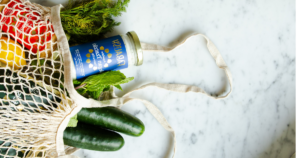
Keeping fresh produce “fresh” can be tricky. In recent months, I have backed off on how many times I grocery shop each month. Keeping fresh produce around for longer than a week can be challenging, but I have started using some of these strategies to keep produce looking and tasting great for weeks!
Storing Produce Properly
Let’s start with how to store your produce! Avoid storing produce at the top of the refrigerator where it is more likely to freeze. Instead, keep fresh produce in the center of the refrigerator to prevent freezing or thawing. Let’s dive into storing techniques for common grocery buys:
- Asparagus: Place in a glass of water (like flowers) and refrigerate until ready to use.
- Carrots: Store in a covered container of water in the refrigerator to keep firm until ready to use. Replace the water every 2 to 3 days.
- Celery: Wrap in aluminum foil to maintain freshness and crunch and keep in the refrigerator for up to 2 to 4 weeks.
- Cucumbers: Store on the countertop at room temperature out of direct sunlight.
- Lettuce/herbs: Place a dry paper towel around to soak up excess moisture that can cause mushiness, molding, or browning. Change towels every 2 to 3 days.
- Mushrooms: Keep in a brown paper bag in the refrigerator to prevent excess moisture causing mushiness, molding, or browning.
- Tomatoes: Store on the countertop at room temperature out of direct sunlight.
- Winter squash/pumpkin/onions/potatoes: keep in a dry, cool space like the pantry or garage. Ensure these foods are not overcrowded and have adequate air circulation to prevent breakdown.
Washing Produce
It is recommended to wait and wash produce prior to using it to prevent excess moisture during the storing process. Berries are a bit different. Try soaking them in a vinegar solution (3 parts water to 1 part vinegar) for 5 to 10 minutes. Fight the urge to rinse the vinegar off. The vinegar helps fight off molding. Don’t worry, you won’t taste the vinegar on your sweet berries. Let berries dry completely. Then, return to a breathable container prior to storing in the refrigerator.
Isolation to Prevent Ripening
Some fruits and vegetables like apples, bananas, pears, and potatoes produce a gas called ethylene. When this gas is released it can cause any produce near it to ripen faster. Prevent this by storing these foods separately in the refrigerator or on the countertop. Alternatively, you can even place these items near avocados if you are impatient like me and ready to devour the avocados before they’re ripened!
Slow Down The Ripening Process
The cold environment of the refrigerator or freezer can allow you to store produce for much longer. Always allow fresh produce like pears, avocados, melons, bananas, peaches to ripen at room temperature first. When at ideal ripeness, transition the produce to the refrigerator until ready to use. Before any produce goes bad, use the freezer to keep it “fresh” until ready to use. Most vegetables need to be blanched before storing in the freezer. Blanching helps halt enzyme activity that impacts flavor and texture; it also helps to clean the produce prior to storing. Put herbs in ice cube molds with olive oil. Chop up green onions and place in a plastic bottle for easy dispensing. Place all produce in an airtight container and use within 6 months.
I hope these strategies are as helpful for you as they have been for my family! LN

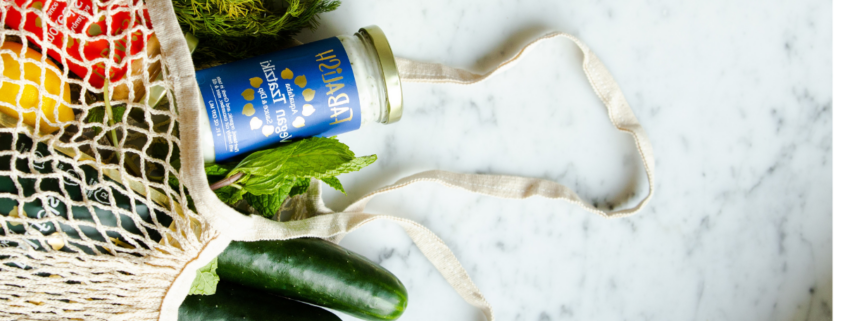
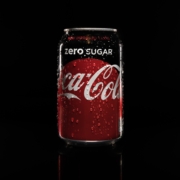

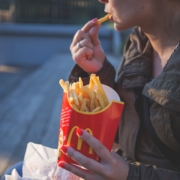
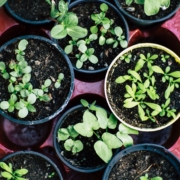
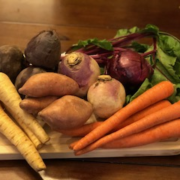


I think it’s good that you mentioned how celery can be refrigerated for up to 4 weeks. My brother has been interested in hiring a refrigerated transport service to help him deliver his produce to local grocery stores. He should consider finding a service that can keep his vegetables cold.